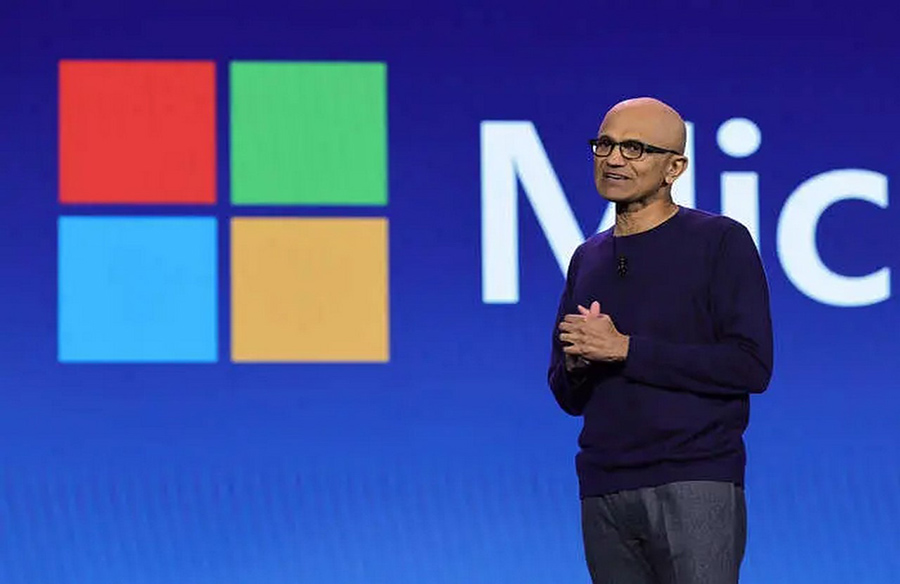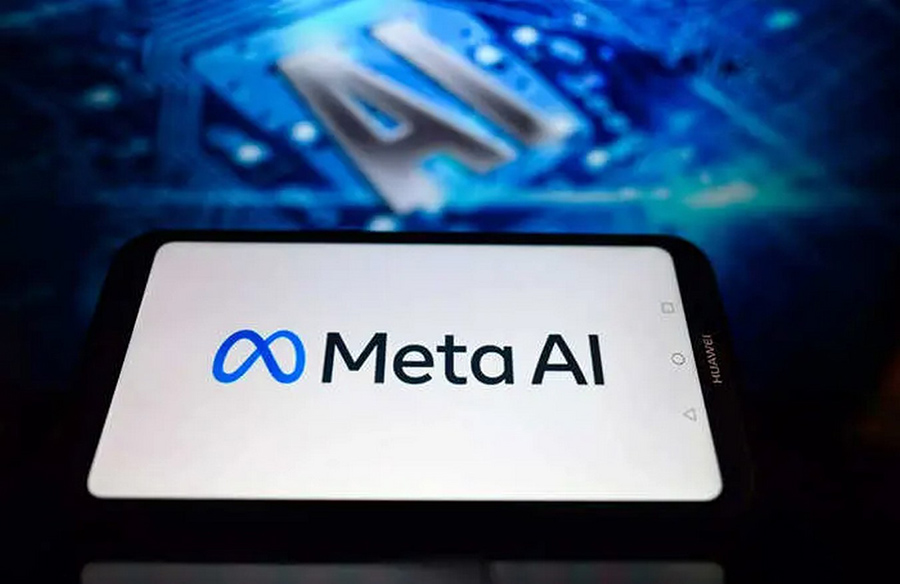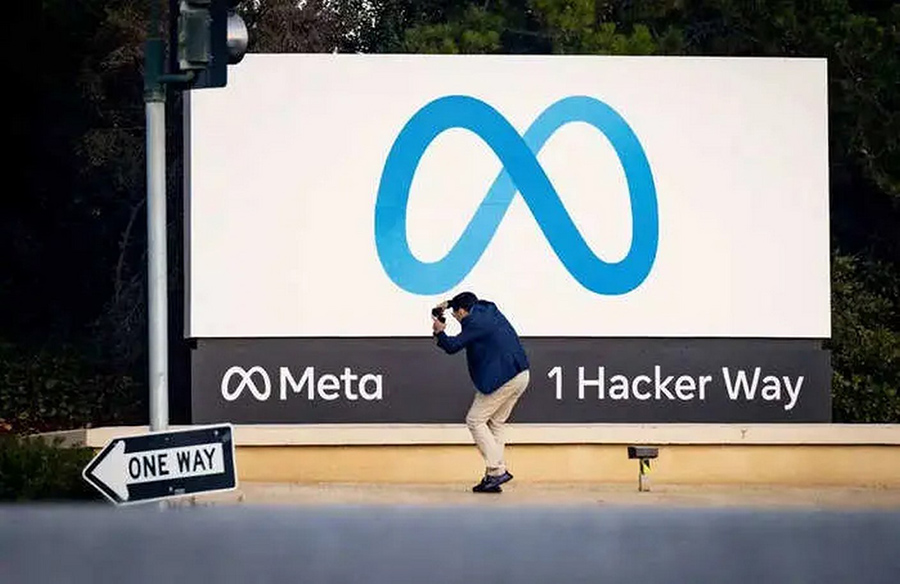Meta’s Quest for AI Data

Tech giants like Meta are engaged in a frantic search for data sources to bolster their AI capabilities. Recent reports shed light on Meta’s efforts, including discussions that delved into potential copyright risks.
Intensive Meetings at Meta
According to The New York Times, Meta’s executives convened almost daily in March and April of the previous year to tackle the pressing issue of data acquisition for AI training.
The Copyright Conundrum
As AI technologies evolve, companies face heightened pressure to acquire data more aggressively, potentially exposing them to copyright infringement risks. Notably, suspicions have arisen regarding OpenAI’s use of YouTube for training its video generator, Sora, although OpenAI’s CTO has refuted these claims.
Creative Solutions Explored
During Meta’s meetings, various ideas were floated, including the notion of purchasing Simon & Schuster, a publishing house acquired by private equity firm KKR for $1.62 billion. Another proposal involved paying $10 per book to secure full licensing rights for new publications.
Data Collection Practices
By the time of these discussions, Meta had already compiled summaries of numerous books, essays, and online content. This involved contracting individuals in Africa to create summaries that sometimes contained copyrighted material, prompting ethical considerations within the company.
Ethical Dilemmas and Legal Precedents
The meetings grappled with the ethical implications of gathering data from potentially copyrighted sources without proper licensing. When legal concerns were raised, there was a notable silence among attendees.
Meta’s Legal Strategy
Meta’s executives ultimately decided to draw on legal precedent, specifically referencing the Authors Guild vs. Google case from 2015. In that case, Google’s scanning and digitization of books for Google Books were deemed permissible under fair use guidelines. Meta’s legal team argued that their AI training activities could similarly operate within these fair use parameters.
Meta has not responded to requests for comment from Business Insider regarding these developments.


 English
English 






























































































































































































































































































































































